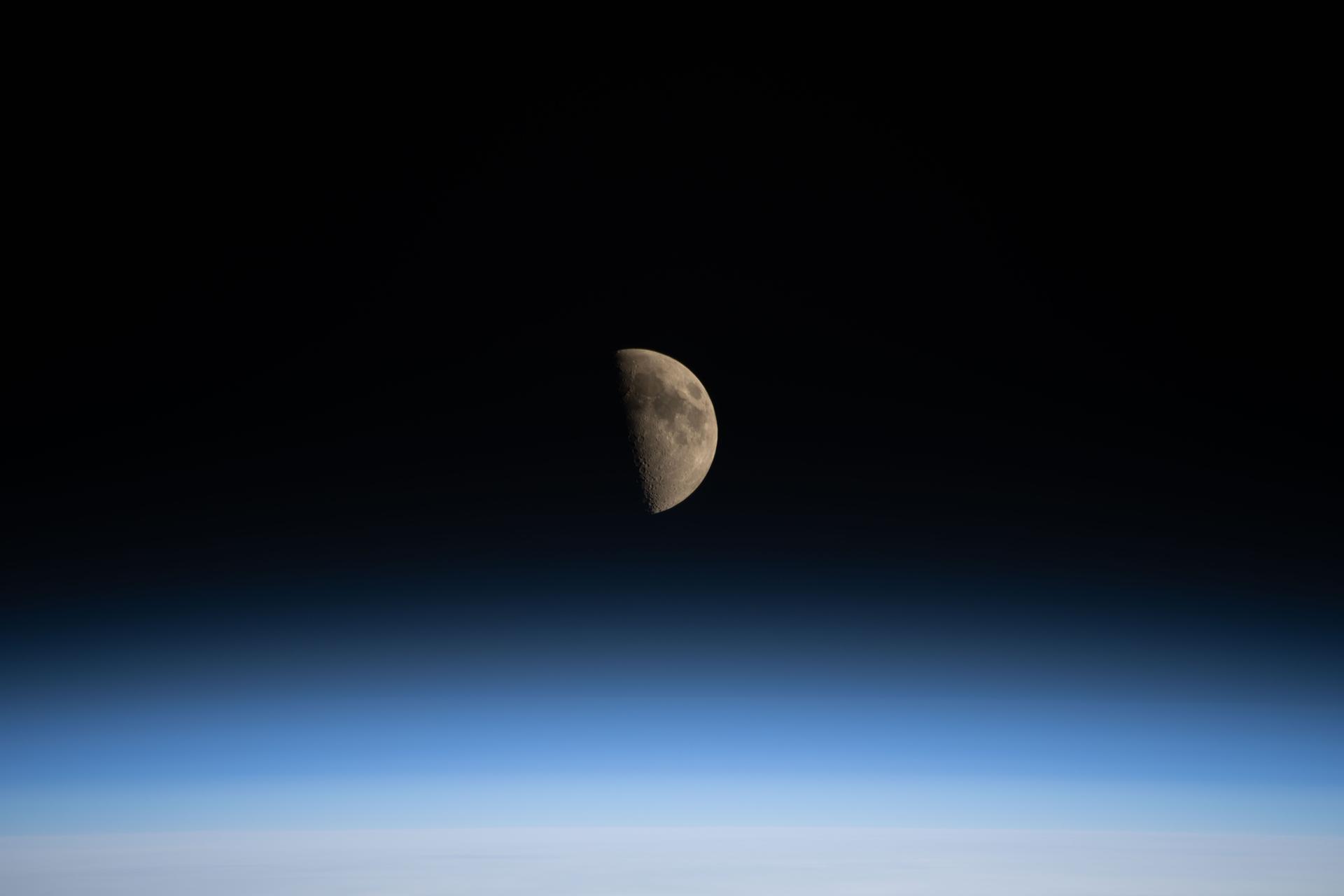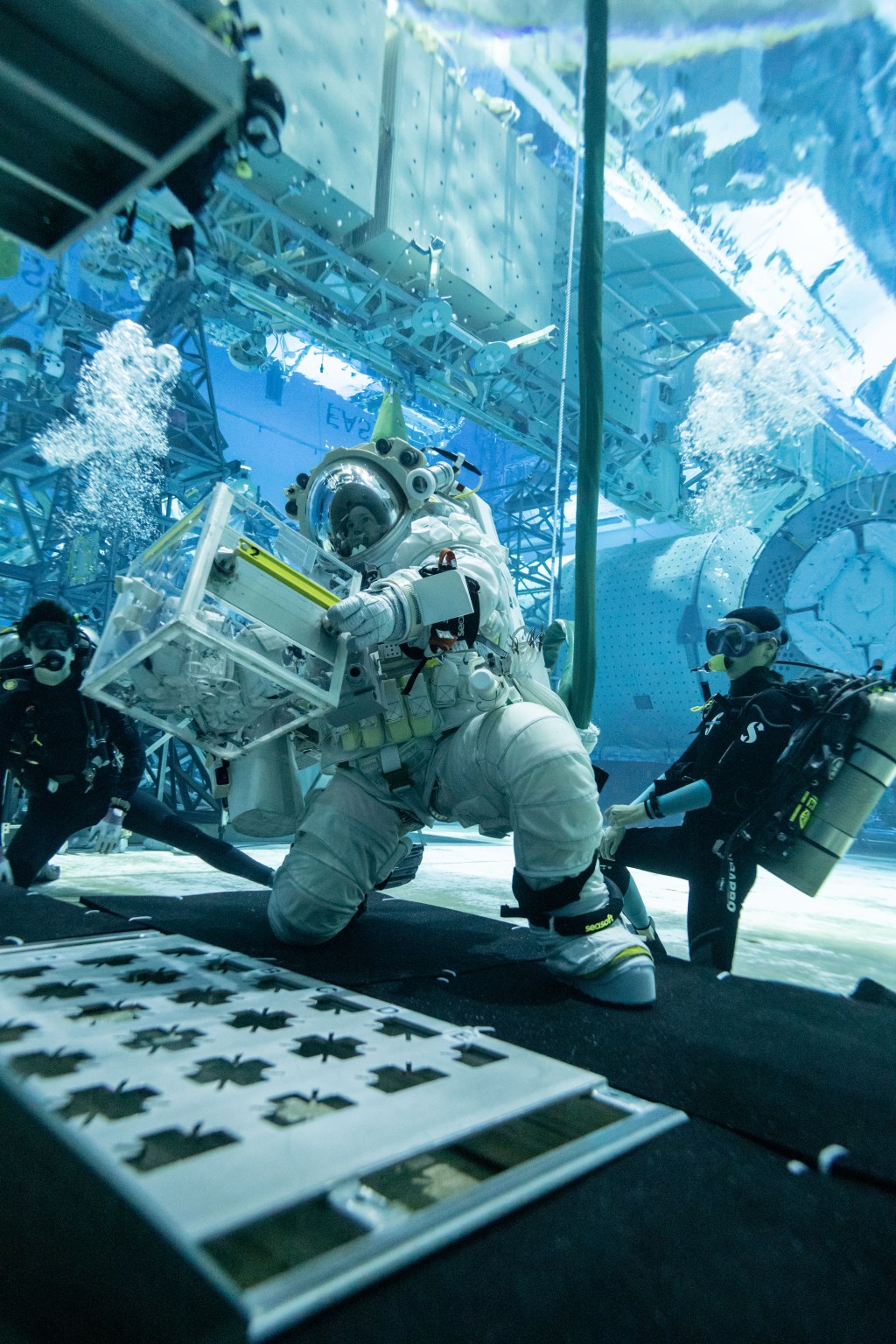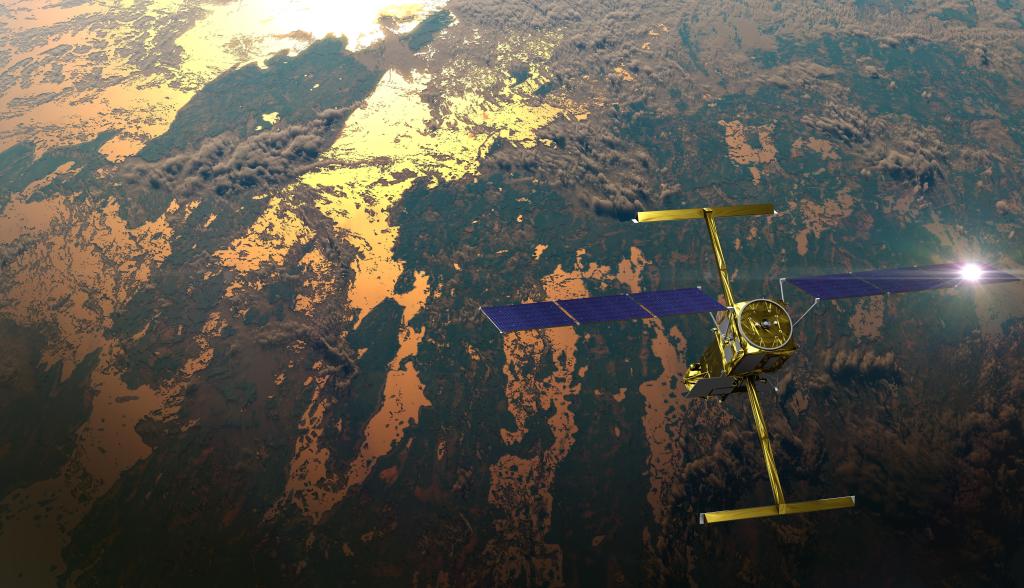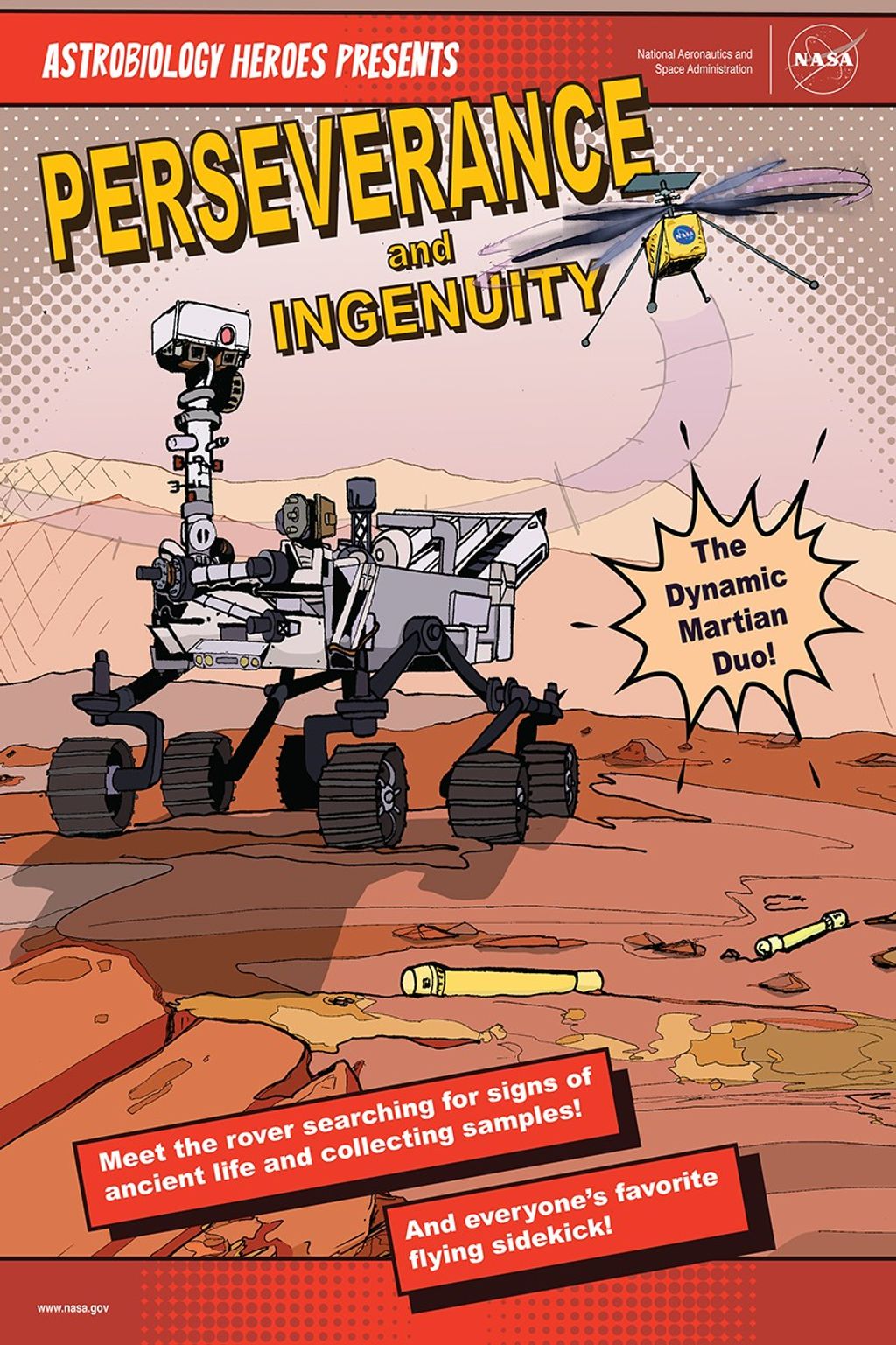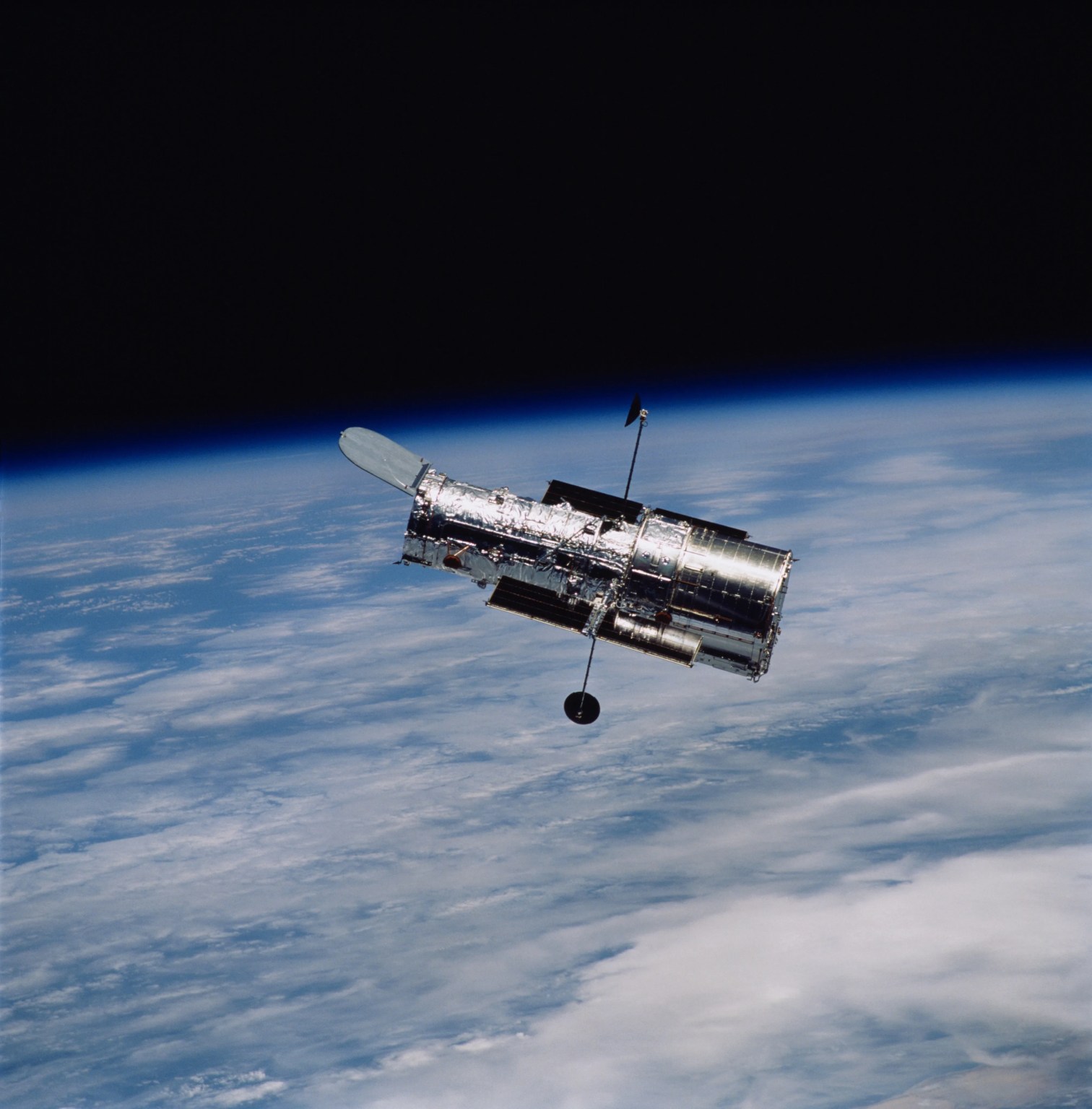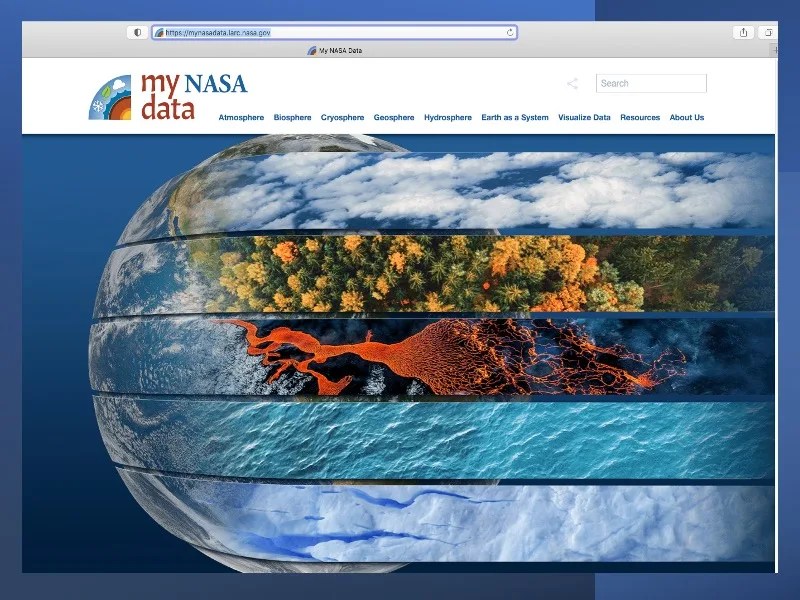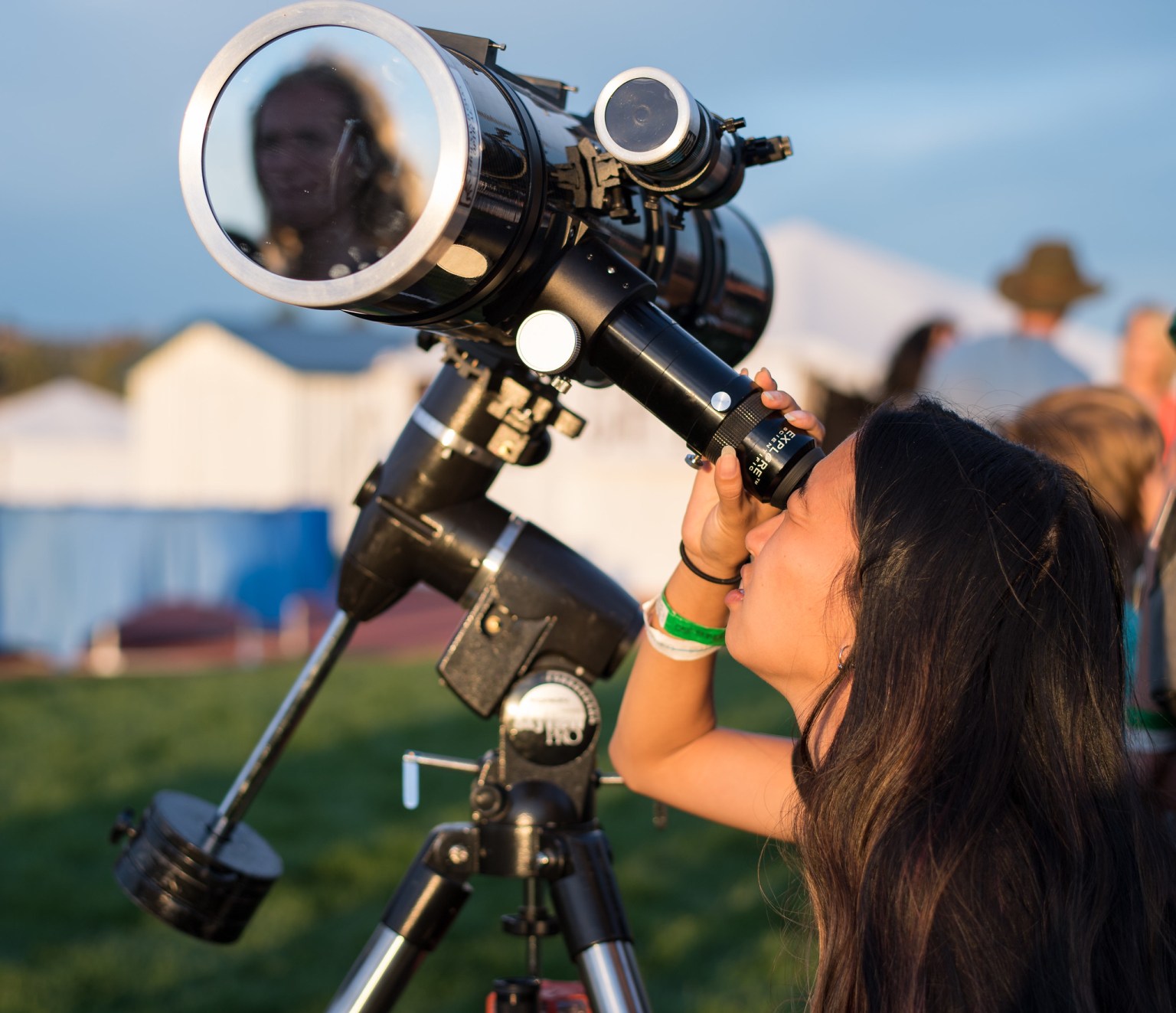Glossary – S
A | B | C | D | E | F | G | H | I | L | M | N | O | P | Q | R | S | T | U | V
S'COOL
Students' Cloud Observations On-Line
SAR
Synthetic Aperture Radar
SARA
Senior Advisor for Research and Analysis.
satellite
A free-flying object that orbits the Earth, another planet, or the sun.
Scatterometer
Scatterometers are radar systems that infer wind speed by measuring the backscattering cross section (plane-wave radiation incident on a scattering object or a scattering medium, the ratio of the intensity scattered in the direction toward the source to the incident irradiance; also called radar cross section). Scatterometers can measure the received power of surface backscattering reflected from the surface of objects. According to a narrow definition, a microwave scatterometer may be a space borne sensor to measure the two dimensional velocity vectors of the sea wind, while according to the wider definition, it also involves air-borne sensors, as well as ground based sensors to measure the surface backscattering as well as volume scattering, such as rain radar.
SFA
Science Focus Area
SHP
Solar and Heliospheric Physics program
SIM
Space Interferometry Mission
SMBH
Super Massive Black Holes
Sink
The process of providing storage for a substance. For example, plants—through photosynthesis—transform carbon dioxide in the air into organic matter, which either stays in the plants or is stored in the soils. The plants are a sink for carbon dioxide.
SMD
Science Mission Directorate (NASA)
SMEX
Small Explorer
solar activity
Phenomena of the solar atmosphere associated with sunspots, plagues, and related phenomena.
Solar UV Spectrometers
Devices that are onboard the Solar Mesosphere Explorer (SME) and measure ultraviolet radiation in the spectral range of 115.5 to 302.5 nm. Daily averages of solar irradiance, adjusted to a solar distance of 1 AU, with a spectral resolution of 1 nm, are recorded on tape.
solar wind
Plasma continuously ejected from the sun's surface into and through interplanetary space
Solid State Radar Altimeter
Was an experimental instrument designed by CNES and intended to validate the accuracy, operation, and signal processing of a small-volume, lightweight, low-power altimeter.
SOMD
Space Operations Mission Directorate (NASA)
Sounders
Instruments that acquire multispectral measurements from which vertical profiles of atmospheric temperature and humidity can be derived and does particular measurements of depth of water below an instrument (at the surface or at some moored depth) which is computed form the travel time of the acoustic pulse emitted by this sounder. ECHO SOUNDERS are devices that use sound waves to measure the depth of surface water bodies.
spatial
Relating to, occupying, or having the character of space
Spectrometers
used to detect, measure and analyze specific wavelengths of electromagnetic radiation. Sensors vary in the number of spectral bands it can sense, the bandwidths of each band, and spatial resolution. A SPECTROMETER uses a spectroscope used for obtaining a mass spectrum by deflecting ions into a thin slit and measuring the ion current with an electrometer. Spectrographs are spectroscopes with a photographic or other recording device to capture an image of the entire spectrum, or portions thereof, at one instant in time. (Specific Spectrometers: Cloud Top Spectrometer, Fourier transform Spectrometer, Near-Infrared Spectrometer, Particle Spectrometers, UV Spectrometer, Visible Spectrometer, FTIR Spectrometer)
Spectroradiometer
Spectroradiometers are a combination of a spectroscope and a radiometer in one single unit.
SRLIDAP
Sample Return Laboratory Instruments and Data Analysis Program
SSO
Origins of Solar System program
STEM
Science, Technology, Engineering and Mathematics
subatomic
Of, relating to, or being particles smaller than atoms.
Sunspots
A region on the surface (photosphere) of the sun that is temporarily cool and dark compared to surrounding areas.
Click for citation
supernova
The death explosion of a massive star whose core has completely burned out. Supernova explosions can temporarily outshine a galaxy. The outer layers are blasted out in an expanding cloud. This cloud is visible long after the initial explosion fades, and is called a supernova remnant (SNR).
Click for citation
Synoptic
Relating to or displaying conditions as they exist simultaneously over a broad area.
Click for citation

